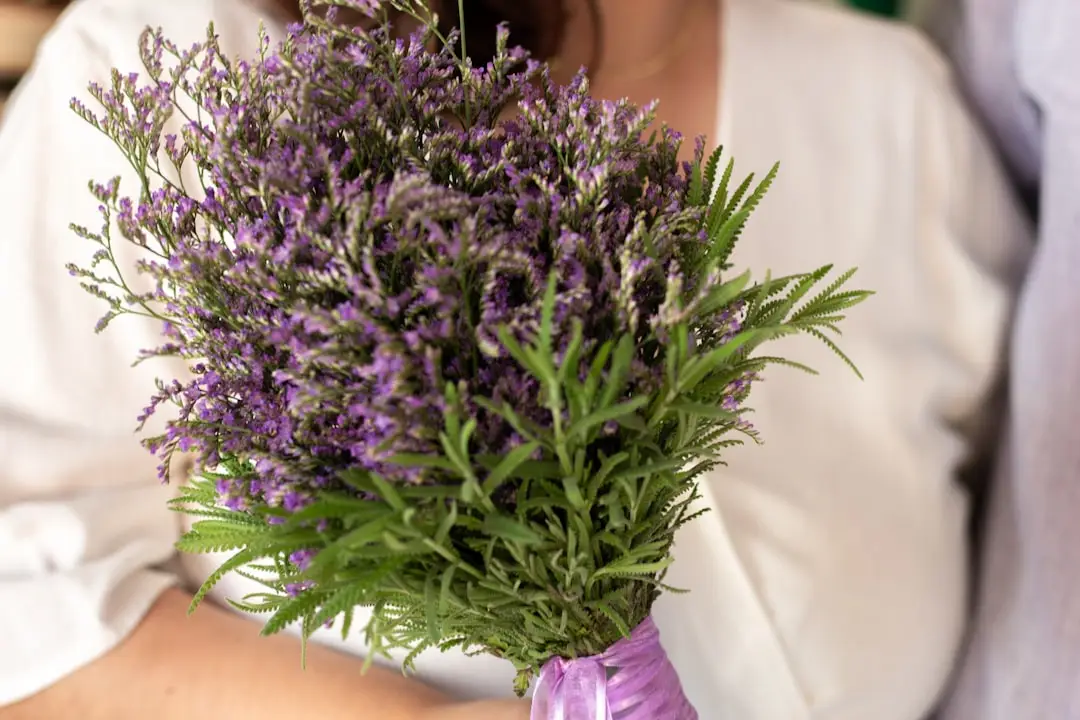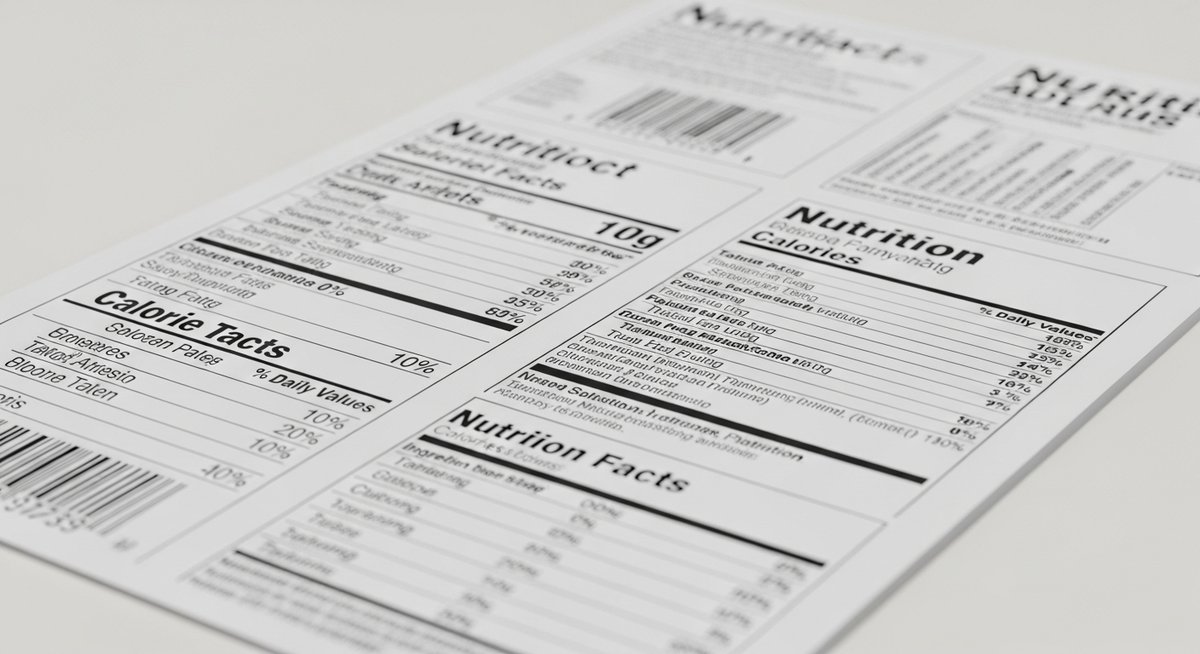Estimated Reading Time: 10 minutes
AA, the pursuit of relaxation. It’s something many of us crave, isn’t it?
In this fast-paced world, finding moments of tranquility is vital for our well-being.
But with so many options available, from meditation apps to spa treatments, it can be overwhelming to know where to start.
Today, we’re diving deep into two popular avenues for unwinding: essential oils and CBD.
This isn’t just a simple comparison of essential oils vs cbd for relaxation; we’re exploring the science, the experiences, and the potential benefits to help you choose what best suits your individual needs.
For me, personally, relaxation used to feel like an elusive dream.
I was perpetually wired, always checking my phone, and struggling to switch off my racing thoughts.
Then I began experimenting with natural remedies, and my journey led me to both essential oils and CBD.
What I’ve learned, and what I hope to share with you, is that the’best’option isn’t a one-size-fits-all answer.
It’s about understanding what each offers and tailoring your approach accordingly.
Before we pit these two contenders head-to-head, let’s establish some foundational knowledge.
Essential oils are concentrated extracts derived from plants.
They capture the essence – the fragrance and the therapeutic compounds – of flowers, leaves, stems, or roots.
Think of them as the plant’s immune system, bottled for your benefit. Popular choices include lavender, chamomile, peppermint, and eucalyptus.
They’ve been used for centuries, and are often applied topically, inhaled, or diffused to influence mood and promote relaxation.
CBD, or cannabidiol, on the other hand, is a compound extracted from the cannabis plant.
Unlike its cousin THC (tetrahydrocannabinol), CBD doesn’t produce a psychoactive’high.’Instead, it interacts with the body’s endocannabinoid system (ECS), a complex network that plays a role in regulating mood, sleep, pain, and other bodily functions.
CBD products come in various forms, including oils, capsules, edibles, and topicals.
Many people are turning to CBD for relaxation to help with stress, anxiety, and improving sleep quality.
Aromatherapy, the practice of using essential oils for therapeutic purposes, has a rich history.
The power of scent is undeniable; it has a direct pathway to the limbic system, the part of the brain responsible for emotions, memories, and motivation.
When you inhale an essential oil, the aroma molecules travel to your olfactory receptors, which then send signals to the limbic system, influencing your mood and emotions.
For example, lavender oil is often praised for its calming effects, while peppermint might offer a boost of energy.
It’s important to remember that the quality of essential oils matters greatly.
Always opt for 100% pure, therapeutic-grade oils from a reputable source. And, as with any natural remedy, start slow.
Begin with a few drops in a diffuser or diluted in a carrier oil (like jojoba or sweet almond oil) for topical application.
Remember that essential oils can be potent; excessive use may lead to skin irritation or headaches.
CBD’s popularity has exploded in recent years, and for good reason.
Early research suggests that CBD may help to reduce anxiety, alleviate pain, and promote better sleep.
But, the scientific landscape is still evolving, and more robust research is needed. As I mentioned before, CBD interacts with the ECS.
This system is responsible for homeostasis, or balance, within the body.
By interacting with the ECS, CBD can potentially influence a range of functions, including the regulation of mood and stress levels.
Studies are ongoing to determine exact interactions and potential benefits.
When selecting CBD products, look for ones that have been third-party tested to ensure purity and potency.
This is critical for knowing what you’re actually putting into your body. Consider different consumption methods.
CBD oil, taken sublingually (under the tongue), is quickly absorbed. Capsules offer a pre-measured dose.
Topicals can be applied to targeted areas for localized relief.
Now, let’s get down to the crux of the matter: essential oils vs cbd for relaxation. Here’s a comparative look at their key aspects:
Let’s say you’re having a particularly stressful day.
You might reach for a diffuser and a blend of calming essential oils like lavender and chamomile.
The immediate effect could be a sense of calm and a softening of tension.
On the other hand, if you’re dealing with chronic anxiety or trouble sleeping, you might find CBD a more effective solution for supporting your body’s natural rhythms.
The most effective approach may be a combined effort.
The beauty of the natural health world is that it often emphasizes synergy.
Combining essential oils vs cbd for relaxation is an approach that holds great potential.
Imagine diffusing lavender essential oil while simultaneously taking a dose of CBD.
The aromatherapy creates an immediate sensory experience that quickly brings your attention inward, while the CBD gently works on your internal systems.
It’s like having a quick mood reset button alongside the long-term support needed for lasting peace.
Consider starting with small doses of both, paying close attention to how your body responds.
You can also experiment with different essential oil blends to discover which scents resonate with you most.

Remember that consistency and patience are key. It may take some time to find the right combination and dosage that works for your unique needs.
Maybe a few drops of chamomile in the diffuser while sipping a calming tea is the way to go for you.
Before you dive into essential oils and CBD, there are a few important points to consider:
So, essential oils vs cbd for relaxation: which reigns supreme? The truth is, there’s no single winner.
Both offer unique benefits, and the best choice depends on your individual needs, preferences, and lifestyle.
If you’re seeking a quick sensory experience and a fragrant way to de-stress, essential oils may be your go-to.
If you’re looking for longer-term support for stress and anxiety, or help with sleep, CBD may be a better fit.
As often is the case in health, a combination of approaches might offer the greatest benefit.
Think about what you’re hoping to achieve. Do you want a moment of calm, or do you want to address the underlying causes of your stress?
Perhaps you want both! Consider what you’re comfortable with and what aligns with your personal values.
With a little experimentation and self-awareness, you can discover which tools help you create a life filled with more peace and tranquility.
Yes, you absolutely can!
Many people find that combining essential oils and CBD provides a synergistic effect, amplifying the relaxation and stress-reducing benefits.
You might diffuse essential oils while taking a CBD gummy or using a CBD topical. Always listen to your body and adjust dosages as needed.
Pay attention to how the different aromas and dosages affect your individual experience and feelings.
While both essential oils and CBD are generally considered safe, some potential side effects exist.
Essential oils can cause skin irritation or allergic reactions in sensitive individuals.
CBD can sometimes lead to mild side effects like drowsiness, dry mouth, or changes in appetite.
Start with low doses and always consult with a healthcare professional, especially if you have existing health conditions or are taking any medications.
The best essential oils for relaxation often include lavender, chamomile, ylang-ylang, and sandalwood.
Research different scents to discover what relaxes you. However, the best method to find what works for you is to experiment.
Many people create their own blends. It is important to buy high-quality, pure essential oils from a reputable source.
If you’re new to essential oils, it is recommended to start with a popular scent.
The time it takes for CBD to take effect can vary depending on the method of consumption and your individual metabolism.
Sublingual CBD (oil placed under the tongue) often works within 15-30 minutes, while edibles may take 30-60 minutes or longer to kick in.
Topical CBD products may provide localized relief in a shorter time frame.
It’s always best to start with a lower dose and gradually increase it, monitoring your body’s response to establish what dose works for you.
Early research suggests that CBD may help improve sleep quality for some individuals, potentially by interacting with the body’s ECS.
Some people use CBD to reduce anxiety and stress, which often interfere with sleep.
Others find that CBD helps to relieve pain, also leading to a better night’s rest.
However, more research is needed to fully understand CBD’s role in sleep and the correct dosages for effectiveness.
Always talk to your doctor before using CBD for any health issue.
Yes, the use case matters.
Essential oils are excellent for creating an immediate, sensory experience that can quickly shift your mood, making them a great choice for quick relaxation needs or a sensory experience.
If you’re looking for a quick pick-me-up, something that acts right now, essential oils are probably a better choice.
On the other hand, CBD is often a better option if you’re dealing with underlying issues like chronic stress, anxiety, or sleep disturbances, offering longer-lasting support.
It’s also important to consider individual preferences, as some people respond better to one or the other.
Ready to discover more health tips and stay up-to-date on the latest wellness trends?
{
“@context”: “https://schema.org”,
“@type”: “Article”,
“headline”: “Article Title”,
“description”: “Article description”,
“image”: “Featured image URL”,
“author”: {
“@type”: “Person”,
“name”: “Author Name”
},
“publisher”: {
“@type”: “Organization”,
“name”: “Site Name”,
“logo”: {
“@type”: “ImageObject”,
“url”: “Logo URL”
}
},
“datePublished”: “Publication Date”,
“dateModified”: “Last Modified Date”
}
Frequently Asked Questions
Can I use essential oils and CBD together?
Yes, many people find that combining essential oils and CBD provides a synergistic effect, amplifying the relaxation and stress-reducing benefits. You might diffuse essential oils while taking a CBD gummy or using a CBD topical. Always listen to your body and adjust dosages as needed.
Pay attention to how the different aromas and dosages affect your individual experience and feelings.
Are there any potential side effects of using essential oils or CBD?
While both essential oils and CBD are generally considered safe, some potential side effects exist. Essential oils can cause skin irritation or allergic reactions in sensitive individuals. CBD can sometimes lead to mild side effects like drowsiness, dry mouth, or changes in appetite.
Start with low doses and always consult with a healthcare professional, especially if you have existing health conditions or are taking any medications.
How do I choose the right essential oils for relaxation?
The best essential oils for relaxation often include lavender, chamomile, ylang-ylang, and sandalwood. Research different scents to discover what relaxes you. However, the best method to find what works for you is to experiment. Many people create their own blends.
It is important to buy high-quality, pure essential oils from a reputable source. If you’re new to essential oils, it is recommended to start with a popular scent.
How long does it take for CBD to start working?
The time it takes for CBD to take effect can vary depending on the method of consumption and your individual metabolism. Sublingual CBD (oil placed under the tongue) often works within 15-30 minutes, while edibles may take 30-60 minutes or longer to kick in.
Topical CBD products may provide localized relief in a shorter time frame. It’s always best to start with a lower dose and gradually increase it, monitoring your body’s response to establish what dose works for you.
Can CBD help with sleep problems?
Early research suggests that CBD may help improve sleep quality for some individuals, potentially by interacting with the body’s ECS. Some people use CBD to reduce anxiety and stress, which often interfere with sleep. Others find that CBD helps to relieve pain, also leading to a better night’s rest.
However, more research is needed to fully understand CBD’s role in sleep and the correct dosages for effectiveness. Always talk to your doctor before using CBD for any health issue.
Are there any specific situations where one is better than the other?
Yes, the use case matters. Essential oils are excellent for creating an immediate, sensory experience that can quickly shift your mood, making them a great choice for quick relaxation needs or a sensory experience.
If you’re looking for a quick pick-me-up, something that acts right now, essential oils are probably a better choice. On the other hand, CBD is often a better option if you’re dealing with underlying issues like chronic stress, anxiety, or sleep disturbances, offering longer-lasting support.
It’s also important to consider individual preferences, as some people respond better to one or the other.
document.addEventListener(‘DOMContentLoaded’, function() {
// 调整社交分享按钮位置
var sharingContainer = document.querySelector(‘.sharedaddy.sd-sharing-enabled’);
var recommendedReading = document.querySelector(‘h2:contains(“Recommended Reading”)’);
if(sharingContainer && recommendedReading) {
// 移动社交分享按钮到推荐阅读上方
var parent = recommendedReading.parentNode;
parent.insertBefore(sharingContainer, recommendedReading);
}
});








![moment for live more mindfully every day: a practical guide [2025]](https://www.trendynutritionhub.com/wp-content/uploads/2025/11/temp_moment_1763514992.webp)
![reduce for best anti-inflammatory foods for daily meals [your inflammation-fighting guide]](https://www.trendynutritionhub.com/wp-content/uploads/2025/11/temp_reduce_1763514597.webp)
![healthy eating habits for clean eating tips for busy people [2025]: fuel your life!](https://www.trendynutritionhub.com/wp-content/uploads/2025/11/temp_healthy_eating_habits_1763343757.webp)